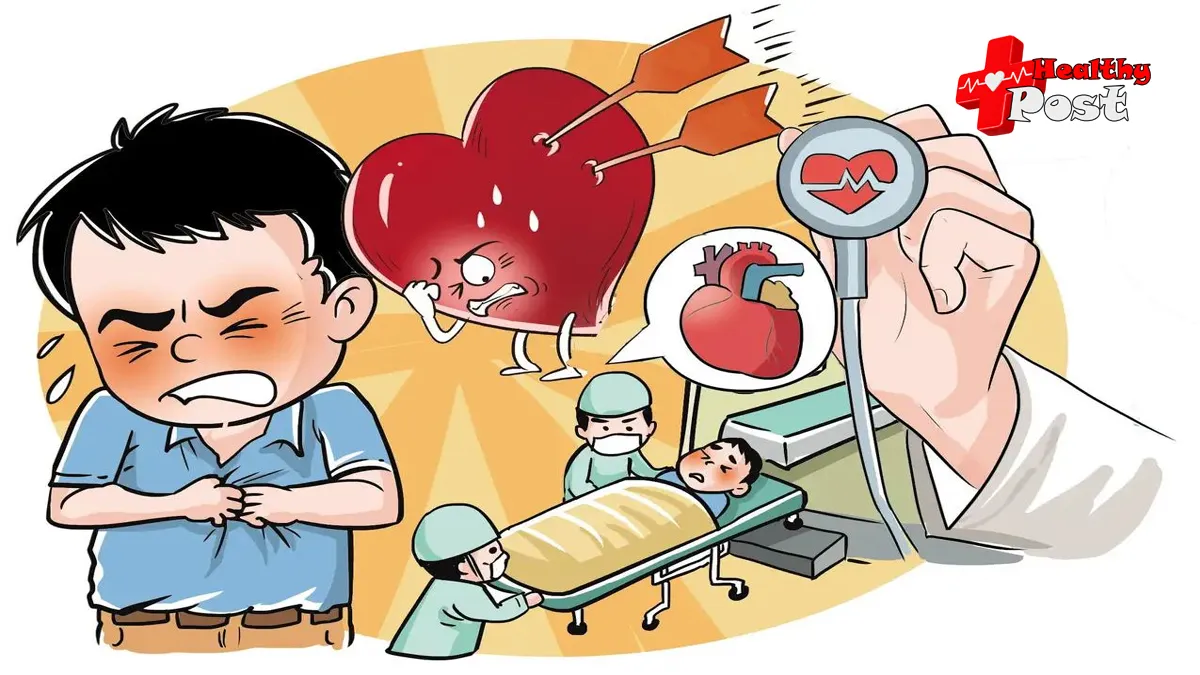
How to take high blood pressure medication
Shocking! 90% of people who take antihypertensive (high blood pressure medication) drugs for a long time ignore these four fatal details!
Do you take metoprolol daily but still feel restless and weak? Have you been taking blood pressure medication prescribed by your doctor for three years, and recently stopped taking it? It feels like a heavy stone is weighing down your chest. Today, I must warn all patients taking Betaloc: This life-saving medication can become a life-threatening remedy if taken incorrectly!
1. Should I take it before or after meals? A mistake can triple the effectiveness!
Many patients don’t realize that the small pills they take actually come in two sizes. The standard white tablets (metoprolol tartrate) must be taken on an empty stomach one hour before meals, as food can cause excessive absorption, leading to dizziness and palpitations at the mildest, and severe bradycardia at the worst. The amber-colored sustained-release tablets (metoprolol succinate) utilize a special process, revealing hundreds of tiny particles when opened. This design ensures a steady release of the drug’s effects over 24 hours, ensuring efficacy regardless of whether taken before or after meals.
Key reminder: If you mistakenly take regular tablets as sustained-release tablets with meals, it may lead to excessive drug absorption; and breaking up sustained-release tablets and eating them on an empty stomach will destroy the sustained-release structure and cause danger!
2. Increasing the dosage without authorization = torture to your heart!
Patients often ask, “My heart rate is still high. Can I take half a tablet?” This is a dangerous misconception! Metoprolol dosage should be adjusted slowly, like a “boiling frog in warm water.” Doctors typically start with 1/4 tablet and gradually reach the therapeutic dose over 2-3 weeks. Clinical observations have shown that suddenly doubling the dose can cause a precipitous drop in heart rate. In some patients, their resting heart rate has even dropped to 40 beats per minute, leading to fainting and emergency room visits.
The right approach: Measure your resting heart rate every morning. Ideally, it should be between 55 and 60 beats per minute. If it’s consistently below 50 or you experience blackouts or difficulty breathing, seek medical attention and adjust your medication immediately.
3. Stopping medication requires more skills than taking medication!
One patient’s experience of stopping medication without authorization is truly frightening: He had been taking metoprolol for five years, and one day, feeling better, he simply stopped. The next day, his blood pressure soared to 180/110 mmHg, and he suffered an angina attack and was rushed to the emergency room. This is because long-term medication use can lead to dependence, and abruptly stopping the medication is like releasing a compressed spring, potentially triggering a myocardial infarction or other serious events.
Guidelines for safe discontinuation: A minimum four-week transition period is required, with weekly dose reductions of no more than one-quarter of the current dose. For example, for a patient taking two tablets per day, the dose should be reduced to 1.5 tablets in the first week, and 1 tablet in the second week. This entire process should be accompanied by electrocardiogram monitoring; do not make decisions based on your own judgment.
4. For these people, taking the wrong medicine is equivalent to suicide!
1. Not suitable for asthma patients: even if it is just occasional wheezing, this drug may induce fatal bronchospasm
2. Use with caution during pregnancy and lactation: the drug can penetrate the placenta and may affect fetal development.
3. Diabetics should be aware that symptoms such as palpitations and hand tremors may mask warning signs of hypoglycemia.
4. Do not drink alcohol while taking the medicine: alcohol will aggravate the decrease in heart rate and induce syncope
Special warning: Patients who are taking drugs such as indomethacin and diltiazem must inform their doctors of their current medications, as these drugs will produce “toxicity superposition” with metoprolol!
My palms are sweating as I write this. At least 30% of the patients I see daily make medication misunderstandings. Finally, a heartfelt note: Metoprolol is a double-edged sword. Used properly, it can protect your heart and save your life, but used incorrectly, it can be a form of chronic suicide. Remember—any dosage adjustments must be approved by your attending physician. If you experience any discomfort, discontinue the medication and seek medical attention immediately!


3 thoughts on “How to take high blood pressure medication”